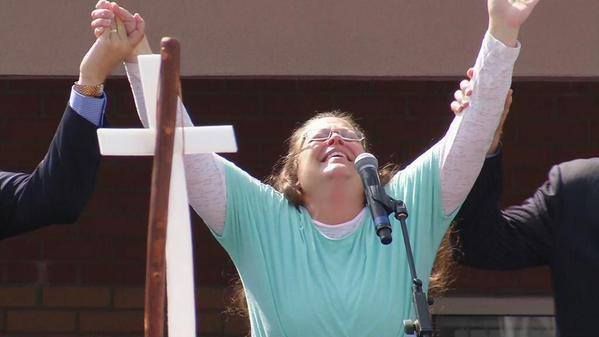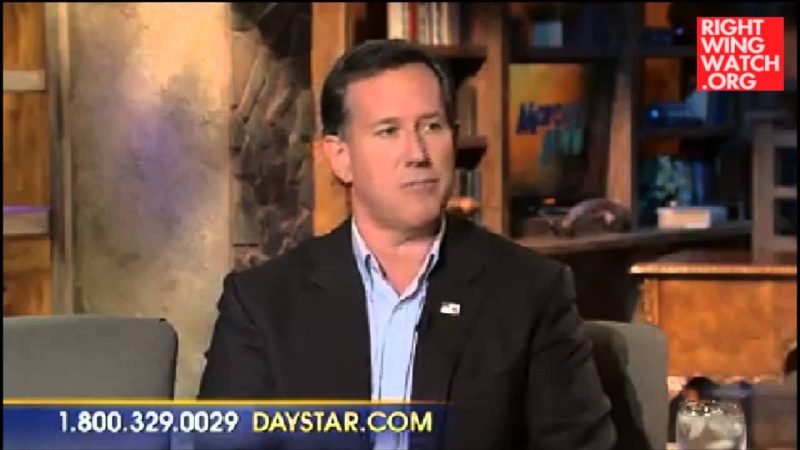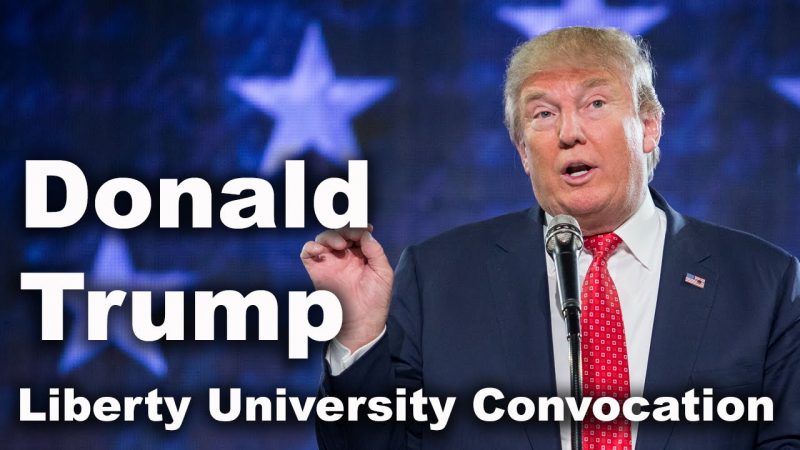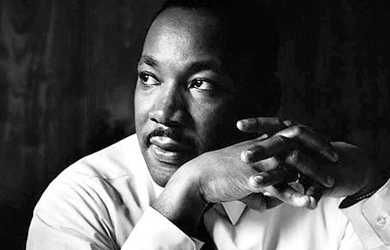Harry Jackson, who believes that his political opponents are literally under the control of demons and that gay rights movement is a “Satanic plot” and “an insidious intrusion of the Devil,” had the gall yesterday to pen a column yesterday lamenting the “bickering and pettiness” in American politics and express his longing for a less contentious political environment. While Jackson noted that even our Founding Fathers engaged in fierce political attacks against one another, he called on people to look to Martin Luther King Jr. as a model:
Think about King’s quality of leadership in light of the petty politics we observe today, where members of both parties are willing to sacrifice principles and progress to score cheap points with the special interest groups. While we can’t know for certain what King would have said about the economy, healthcare, taxes or Social Security, we can be confident he would not have switched positions on these issues for opportunistic reasons. He would likely have had some choice words for the numerous elected officials caught in ethics and corruption scandals over the past months and years as well.
With today’s emphasis on political correctness, it is easy to forget how often Dr. King spoke of “moral law,” “natural law,” or even “God’s law” in his writings and speeches. Would such a man have embraced the current wholesale removal of God from the public square by secularist totalitarians? I think not. Dr. King was radically different from leaders in either party today. He was committed to making things happen. His ideology was not self-centered or self-serving.
However, King’s views on the economy, poverty and healthcare were actually quite clear and well-known. While Jackson, who likes to be dubbed “the modern Martin Luther King,” is surely shying away from King’s unambiguous support for progressive ideals that frustrate his own right-wing politics, Jackson has boldly claimed that King would be campaigning with him today against marriage equality.
Furthermore, Jackson would most likely find King one of the “secularist totalitarians” that he criticized in his column. As Rob Boston points out, King was an adamant supporter of the Supreme Court’s decision deeming organized prayer in public schools unconstitutional:
King supported the Supreme Court’s decisions striking down government-sponsored prayer in public schools. In a January 1965 interview with Playboy magazine, King was asked about one of those rulings. He not only backed what the court did, he noted that his frequent nemesis, Gov. George Wallace of Alabama, stood on the other side.
“I endorse it. I think it was correct,” King said. “Contrary to what many have said, it sought to outlaw neither prayer nor belief in God. In a pluralistic society such as ours, who is to determine what prayer shall be spoken, and by whom? Legally, constitutionally or otherwise, the state certainly has no such right. I am strongly opposed to the efforts that have been made to nullify the decision. They have been motivated, I think, by little more than the wish to embarrass the Supreme Court. When I saw Brother Wallace going up to Washington to testify against the decision at the congressional hearings, it only strengthened my conviction that the decision was right.”
Undoubtedly, not even the facts will stop Jackson from trying to use Martin Luther King Jr. to validate his own right-wing ideology.








